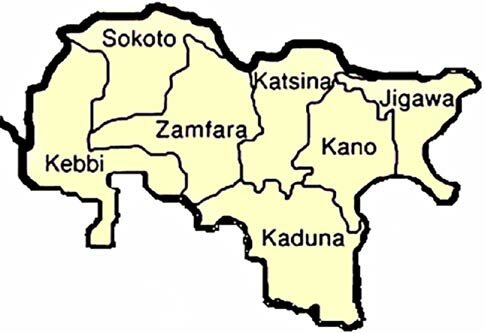As northerners, we pride ourselves on being wise and civilised. However, our decisions have led some to label us as parasites. We abandoned the certainty of farming for the uncertainty of fuel. This choice has proven to be a costly mistake.
Farming, an infinite resource, has been neglected in favour of petroleum, a finite one. If we hadn’t turned our backs on agriculture, it would have transformed Northern Nigeria and the entire country. Farming is a reliable source of wealth. As long as there is rainfall, there is farming.
In the past, farm products like cotton and groundnuts… drove Nigeria’s growth, enabling the construction of infrastructure and development projects.
Unfortunately, we neglected this sector, and revitalising it will take at least 30 years.
If we hadn’t neglected farming:
Northern Nigeria would be a hub for agriculture exports, boosting the economy.
The region would be self-sufficient in food security.
Farming would have created jobs and stimulated local economies.
We would have avoided the vulnerability that comes with relying on a finite resource like petroleum.
Nigeria would be a major player in global agriculture, earning foreign exchange and respect.
Meanwhile, some developed countries have taken a proactive approach to addressing the limitations of petroleum. They have replaced fuel with hydrogen, cleaner and more sustainable energy source.
Hydrogen-powered cars can travel long distances on a single charge, which takes time to deplete. This motivation is a response to the finite nature of petroleum, and a step towards a more sustainable future.
Countries like Japan, South Korea and Norway are leading the charge in hydrogen fuel cell technology. Japan, for example, aims to have 200,000 hydrogen fuel cell vehicles on its roads by 2025.
South Korea plans to increase its hydrogen-powered vehicles production to 1.8 million units by 2030. Norway, on the other hand, has an extensive network of electric vehicles a practical choice for its citizens.
These countries recognise that fuel is finite. According to the United States Energy Information Administration (EIA), the world’s proven oil reserves are expected to last around 47 years at current consumption rates. New discoveries and advances in extraction technology can extend the life of these resources, but they will eventually run out.
By transitioning to hydrogen and charging cars, these countries are reducing their dependence on finite resources, mitigating climate change, and ensuring a sustainable energy future. We must learn from their example and prioritize farming, embracing its infinite potential to transform our region and country.
Thank you and God bless us all!
Mallam Murtala can be reached via honzakoli393@gmail.com

 Join Daily Trust WhatsApp Community For Quick Access To News and Happenings Around You.
Join Daily Trust WhatsApp Community For Quick Access To News and Happenings Around You.


